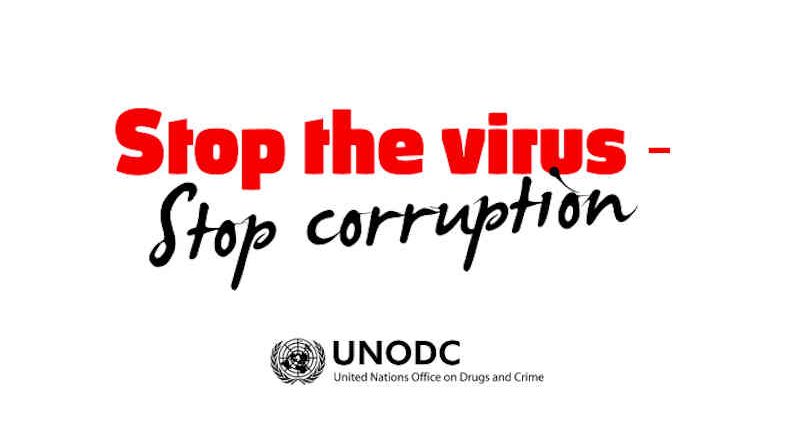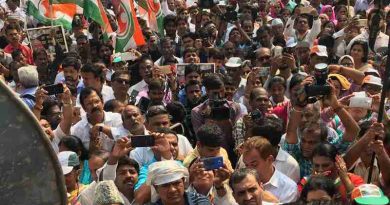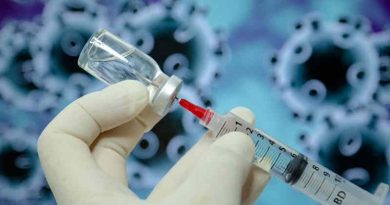Covid-19 Vaccines and Corruption Risks

Covid-19 Vaccines and Corruption Risks
The corruption risks must be identified and mitigated by public institutions to help advance access to safe and effective Covid-19 vaccines.
With Covid-19 vaccines being approved for use in different parts of the globe, the scale and complexity of their manufacture, allocation and distribution globally will be unprecedented. This will also present corruption risks that may threaten vital public health goals.
These risks include the entry of substandard and falsified vaccines into markets, theft of vaccines within the distribution systems, leakages in emergency funding designated for the development and distribution of vaccines, nepotism, favoritism, and corrupted procurement systems.
These corruption risks must be identified and mitigated by public institutions to help advance access to safe and effective Covid-19 vaccines by the population, including the most vulnerable and marginalized groups.
The United Nations Convention against Corruption (UNODC) provides a global framework for these efforts. UNODC experts in the implementation of the United Nations Convention against Corruption, who are specialized in the subject matter, are based both at its headquarters in Vienna and in a network of field-based advisers.
They can provide technical assistance to States parties to the Convention in areas such as:
- Development and implementation of national and sector-specific anti-corruption strategies and action plans, including in times of crisis, to synthesize existing knowledge rapidly into concise, targeted guidance
- Conduct of corruption risk assessments and development and implementation of corruption mitigation strategies
- Practical advice on the prevention of corruption, including on public procurement and in the health sector, and facilitation of public participation in government decision-making processes
- Legislative drafting and review, and the simplification of administrative procedures
- Support for the development of mechanisms to report corruption and protection of reporting persons
- Advice on addressing the gender dimensions in decision-making processes to prevent corruption and ensure a more inclusive recovery
UNODC has released a study paper which is part of a series of UNODC policy papers to address challenges and propose recommendations for the immediate and long-term response to the Covid-19 pandemic.
Other papers in the series address, among other topics, fiscal responses and the prevention of corruption, accountability and the prevention of corruption in the allocation and distribution of emergency economic rescue packages. You can study the full set of UNODC policy documents and research briefs.





